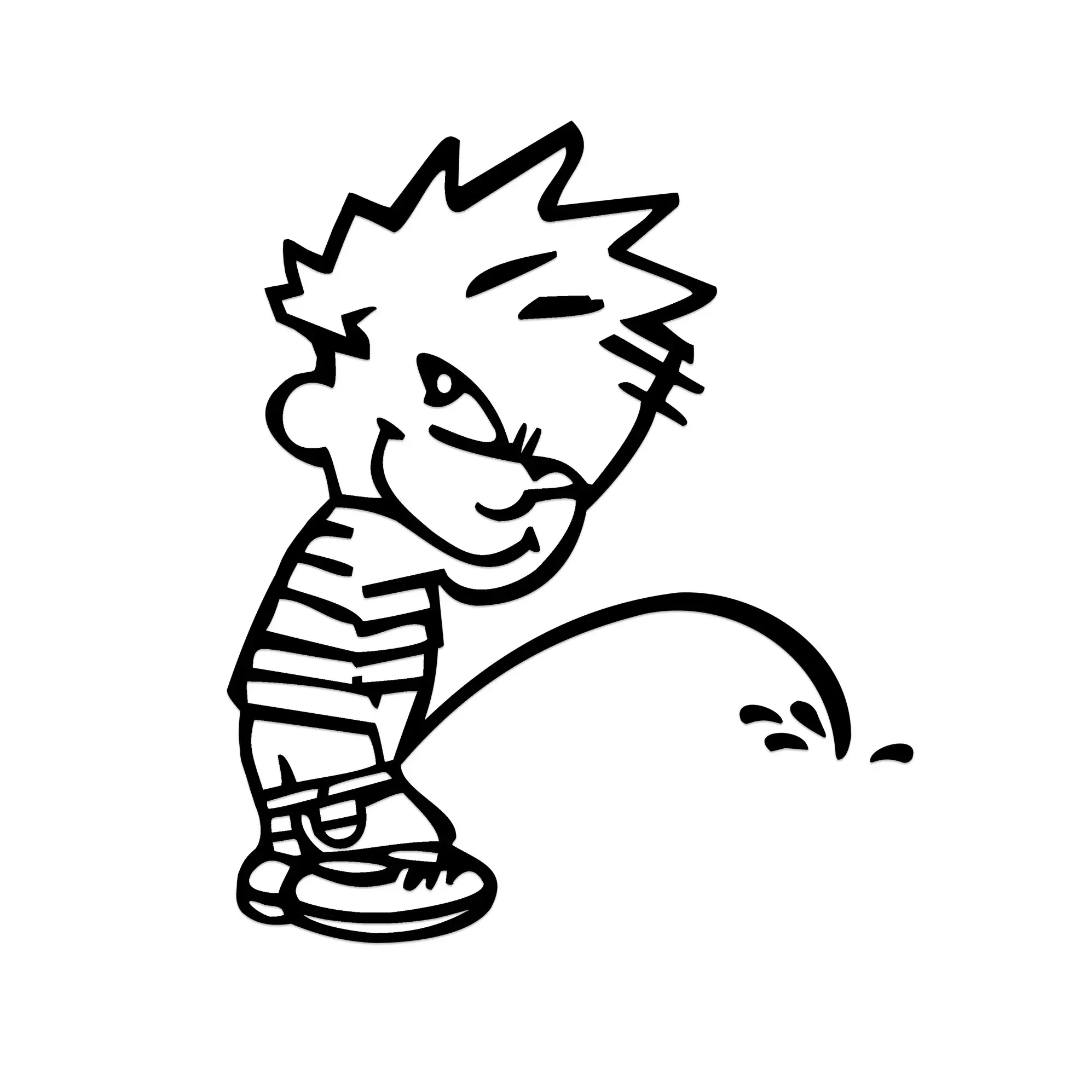Not that anybody asked, but I think it's important to understand how shame and guilt actually work before you try to use it for good.
It's a necessary emotion. There are reasons we have it. It makes everything so. much. worse. when you use it wrong.
Shame and guilt are DE-motivators. They are meant to stop behavior, not promote it. You cannot, ever, in any meaningful way, guilt someone into doing good. You can only shame them into not doing bad.
Let's say you're a parent and your kid is having issues.
Swearing in class? Shame could work. You want them to stop it. Keep it in proportion, and it might help. (KEEP IT IN PROPORTION!!!)
Not doing their homework? NO! STOP! NO NOT DO THAT! EVER! EVER! EVER! You want them to start to do their homework. Shaming them will have to opposite effect! You have demotivated them! They will double down on NOT doing it. Not because they are being oppositional, but because that's what shame does!
You can't guilt people into building better habits, being more successful, or getting more involved. That requires encouragement. You need to motivate for that stuff!
If you want it in a simple phrase:
You can shame someone out of being a bad person, but you can't shame them into being a good person.
It was nice to see this put so clearly. This election cycle has left me exhausted and demotivated, and this hits it square on the head.
stolen from https://grungekitty-77.tumblr.com/post/754482938951892992/fun-fact-that-was-literally-what-inspired-me-to
This is something the too online left struggles with. We should keep a carrot and stick mentality to changing people's minds. Shame is the stick, and should be applied when people are being shitty. But we should always celebrate people doing the right thing, even if they were a shitty person before. Even if we know they will be a shitty person in the future; we should show that we are willing to accept and include people once they have shed their liberalism.
Obviously if someone like Ben Shapiro says something like, 'Israel is commiting a genocide and should stop.' we know that he's not changed in any way it's just politically expedient for him to do so. We don't have to invite him to become a PSL member or say we'll watch his videos, but we should still say 'good on you for admitting it.' not because it will change his mind, but it will tear down some walls with his followers who see it.
Carrot and stick, celebration and shame, when applied correctly can be a very good mind-changing tool.
Obviously if someone like Ben Shapiro says something like, 'Israel is commiting a genocide and should stop.' we know that he's not changed in any way it's just politically expedient for him to do so. We don't have to invite him to become a PSL member or say we'll watch his videos, but we should still say 'good on you for admitting it.' not because it will change his mind, but it will tear down some walls with his followers who see it.
Hexbear: We Got an Emoji for That

It's the picture for the onion article headline "heartbreaking: worst person you know makes a good point'
Shame and guilt are a form of interpersonal violence that should never be used on anyone on your side. The example of your kid swearing in class is wrong imo, if your kid does that he most likely have difficulty being locked up in a class for so long, and most importantly violence in any form is never a tool for education. Shame and guilt should only be used on outright reactionaries, not as a way to change them but as a way to deter people from following them
Guilt and shame are unpleasant, but completely normal human feeling. They're only harmful to us when it gets pathological (which is very common probably at least in part due to how it gets misused).
I don't care about swearing, but if a kid has done something legitimately bad like bullying or harming other kids, telling them they should feel guilty or shameful about that isn't violence or harming the kid in any way, and is just a necessary part of helping them grow up.
Yes, as I said in another comment, humans will feel these emotions by themselves when they understand that they did wrong. But trying to force shame onto someone who doesn't understand why they did wrong is manipulative and violent. And if someone is unable to realise what wrong they did that means they need some real psychological help
Switching it around on the theme of misuse - motivation and praise might sometimes fit as violence (though one whose damage is probably delayed temporally). Army Recruiters seeming to be a very easy example.
I think the emphasis on "keep it in proportion" is trying to acknowledge that there's a deeper discussion to be had there without getting too sidetracked from the main point of the post. To get in to that discussion, I would say that shame is not a tool to be used, but effectively handling a situation where a child has caused significant harm (maybe not swearing, but something more serious) is going to involve some amount of guilt or shame.
Sometimes children misbehave because they have to, but often it's because they don't understand why what they did is wrong, or that there's a better way to act. If someone can explain these things, a small, appropriate amount of guilt can make the lesson much more memorable.
This takes a lot of skill, and understanding of the situation the kid is in, how they are feeling, and how they are reacting. Many people don't follow this, and they can cause more harm doing it badly. But trying to educate someone after they've done something wrong while avoiding causing them any guilt at all is not going to be very effective. And reserving shame or guilt only for people you've declared to be lost causes is not a healthy approach.
shame is not a tool to be used, but effectively handling a situation where a child has caused significant harm (maybe not swearing, but something more serious) is going to involve some amount of guilt or shame.
I agree in the sense that we know a kid will normally feel shame and guilt by themselves if they understand the implications of what they did. There's no reason to push it and actively shame them, they do that very well on their own. And if a kid doesn't feel any guilt while fully understanding the wrong they did then it's time for professional help, not violence
Yeah, I think this is a topic that has room for and is worth a lot of discussion. With this issue, what someone means by ‘using guilt’ can be anything from explaining the consequences of someone’s actions and letting them draw their own conclusions, to ‘bringing down a mountain of Divine Shame’. And sometime people will argue those back and forth as if they’re talking about the same thing.
I wanted to defend the post as having a good point, while definitely having to be incomplete to fit into a short tumblr post. I was glad to be a part of expanding on it in this thread.
I don't know if I agree with this. My parents tried like hell to shame me out of jerking off and that sure didn't work.
Shame never really stopped me from doing anything I wanted to do.
who the fuck is scraeming "STOP JERKING OFF" at my house. show yourself, coward. i will never stop jerking off
I mean if you arent ashamed 🤷 but also shame is a social tool. Takes alot for it tp be effective while thay person is alone.
This is an interesting argument, but is it really true? People actively do stuff to avoid creating a situation where they feel guilty all the time. For example, if a person invites you over for dinner and says you don’t need to bring anything, but you still bring something anyway because you know you would feel guilty otherwise.
I think that's a little different. It's both existing within some pretty complicated and old etiquette surrounding hospitality and, perhaps more crucially, is actually the host actively not shaming the person and creating where the guest can go above and beyond - even if the whole thing is performance. Take as counter-example, if someone were to invite you over and then really get down on you for not bringing anything, do you suppose you would want to go back over there for dinner?
Perhaps the complexity of a clear example suggests problems with the rather broad claims in the original post. I’m not sure if the typical response to a telling-off is to always shut down.
To follow your example, if your grandma tells you off for not bringing something you’re probably going to bring something next time
is there like actual science or data behind any of this or is this just someone's vibes-based pontification? you can't just derive psychology from first principles in your armchair, claims like this require a lot of data and experiment and analysis, none of which i see here.
There's some underlying claims here that could, should (and probably are) scientifically examined, yes.
But... I don't think there's any harm in having less academically formal conversations on the topic. Shame and guilt are pretty universal experiences - emotions we all have. Maybe comparing subjective lived experiences to a description won't get you published in a journal, but we can still find meaning in it, still derive useful conclusions.













